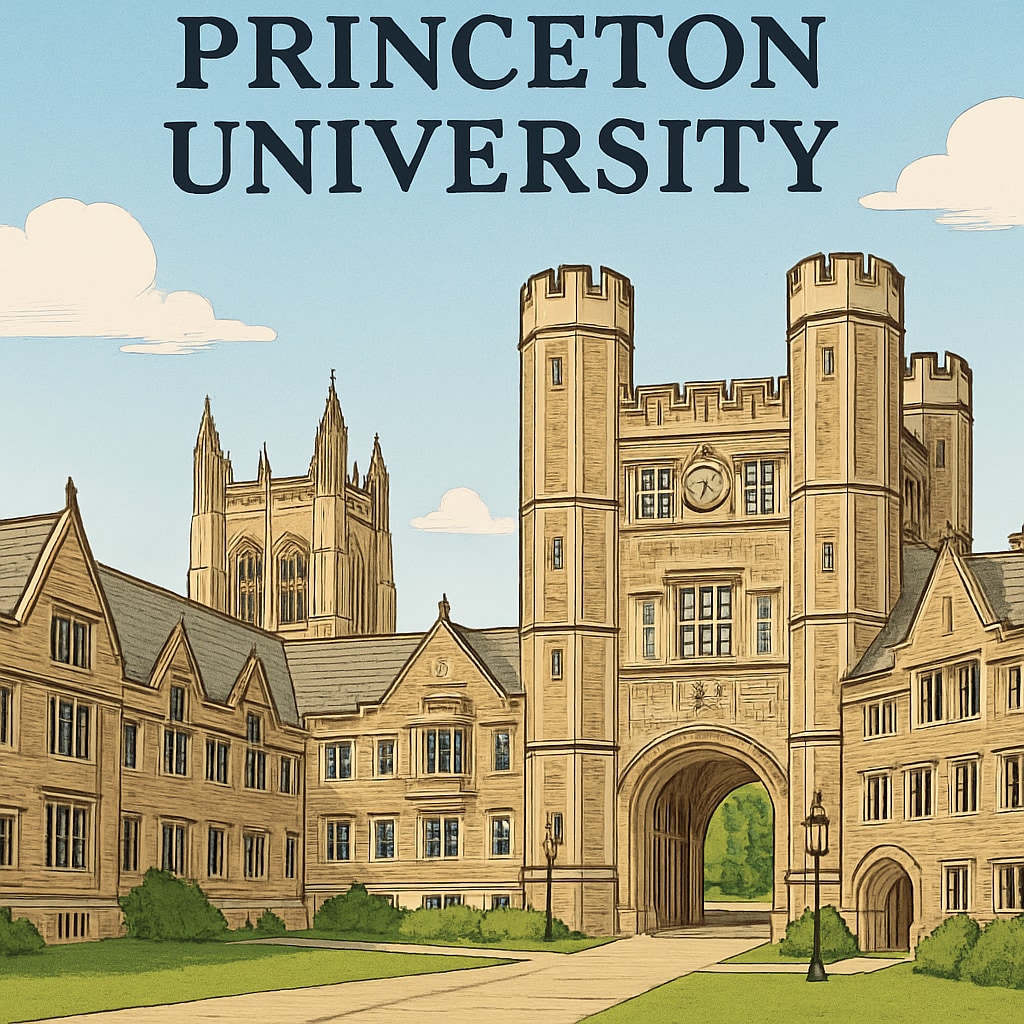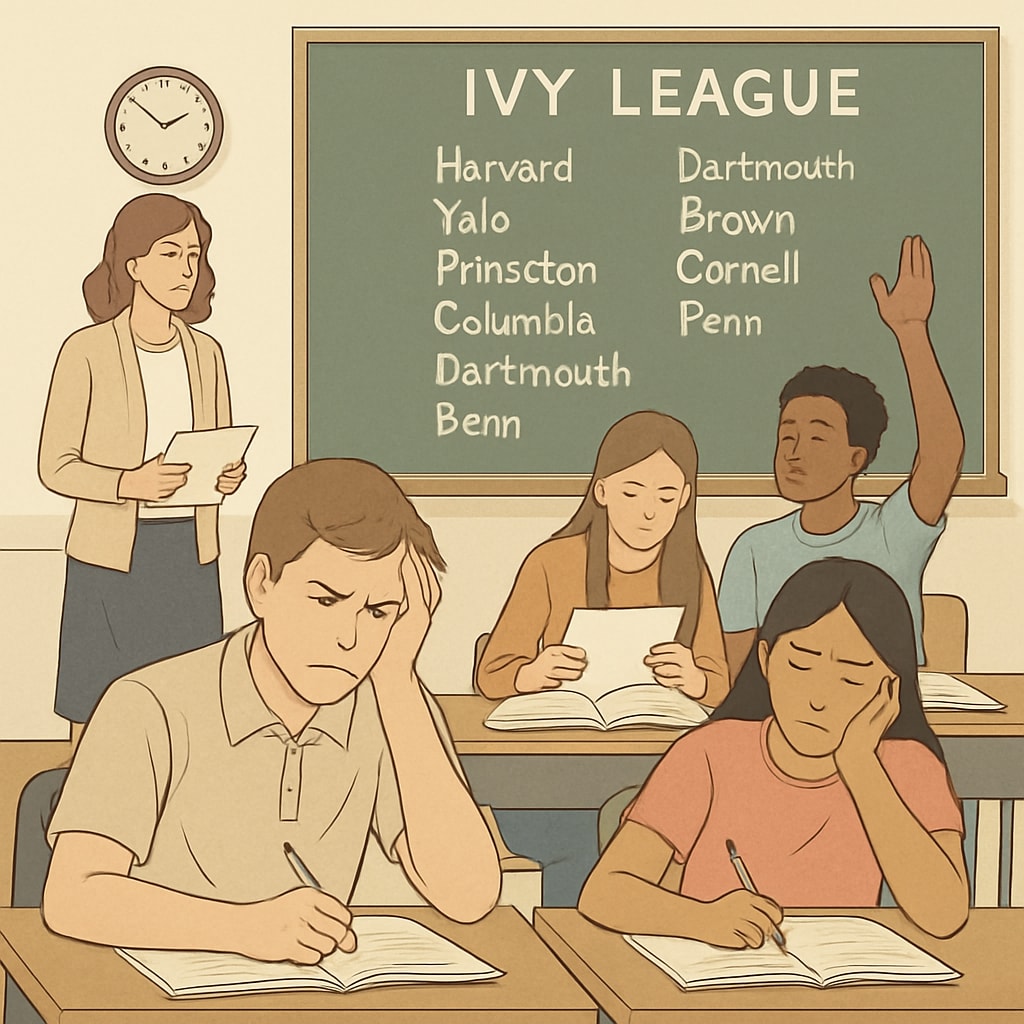The prestige of Princeton and other Ivy League universities has long been a hallmark of academic and social excellence. However, the question arises: is the reputation of these institutions overrated? The disproportionate influence of Ivy League schools on society and their overvaluation may be causing ripple effects on the broader K-12 educational landscape. In this article, we examine whether the “Ivy League halo” is justified and analyze its implications on education at large.
Examining the Cult of Ivy League Prestige
Ivy League schools, including Princeton, are often viewed as the pinnacle of academic achievement and career success. Their alumni networks, generous endowments, and storied histories contribute to their mystique. However, critics argue that this reverence is often misplaced. For instance, a 2020 study revealed that Ivy League graduates do not always outperform peers from less prestigious institutions in terms of long-term career success. This suggests that the overvaluation of these schools might be more about perception than substance.
Additionally, the emphasis on Ivy League education can perpetuate elitism. According to Wikipedia, these schools admit only a fraction of applicants, with acceptance rates often below 10%. This exclusivity reinforces the idea that success is reserved for a select few, sidelining talented students from less privileged backgrounds.

How Overestimating Ivy League Schools Impacts K-12 Education
The obsession with Ivy League education has trickled down to K-12 schools, where students are groomed to meet the hyper-competitive standards of elite universities. This has led to a range of negative consequences:
- Increased pressure on students: High schoolers face immense stress to achieve perfect GPAs, standardized test scores, and extracurricular portfolios.
- Widening inequality: Wealthier families can afford college consultants and private tutors, giving their children a significant advantage in the admissions process.
- Narrow focus: The fixation on Ivy League schools diverts attention from other excellent institutions that may better suit individual students’ needs.
As a result, education becomes less about fostering a love for learning and more about meeting arbitrary benchmarks set by a handful of elite institutions.

Reassessing the Value of Elite Education
It’s time for society to take a step back and reassess what we value in education. While Ivy League schools undoubtedly offer exceptional resources and opportunities, they are not the only pathways to success. Institutions like the University of California system, liberal arts colleges, and community colleges also produce successful and innovative graduates.
Moreover, redefining success beyond the Ivy League could lead to a healthier educational ecosystem. By celebrating diverse pathways, we can reduce the pressure on students and create a more equitable system that recognizes talent in all its forms. As noted by Britannica, the purpose of education is to foster critical thinking, creativity, and personal growth—qualities that are not exclusive to Ivy League schools.
Conclusion: Moving Beyond the Ivy League Myth
The idea that Princeton and other Ivy League schools are inherently superior is a deeply ingrained societal belief, but it warrants scrutiny. By questioning the overvaluation of these institutions, we can work toward an education system that values all students and schools equally. Ultimately, success should not be defined by the name of a university but by the impact and fulfillment one achieves throughout their life.
As we continue to navigate the complexities of modern education, let’s strive to dismantle the myths surrounding elite institutions and champion a more inclusive and balanced approach to learning.
Readability guidance: Short paragraphs and lists are used to enhance clarity. Transition words such as “however,” “in addition,” and “for example” ensure logical flow.


